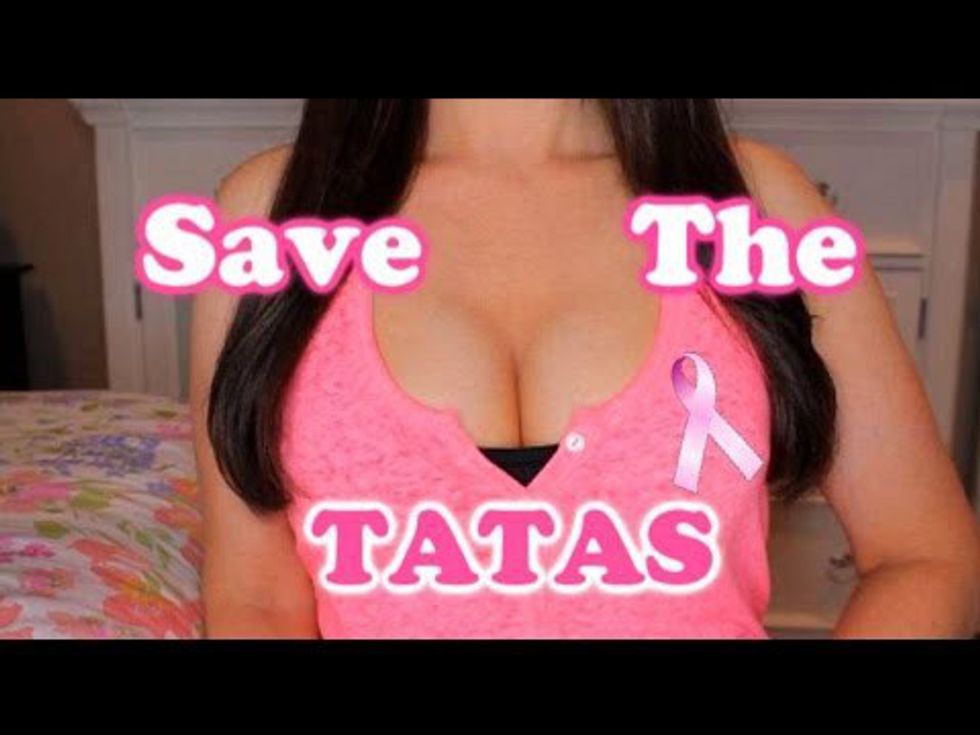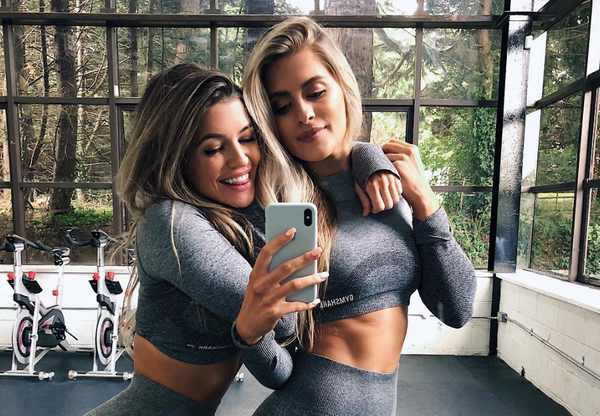Every year, October rolls around and is decorated with a flurry of leaves, spooktacular sights, and of course, pink. October is Breast Cancer Awareness month, and while many people's hearts are in the right place when it comes to spreading awareness, we may be doing more harm than good in how we do this.
Pink ribbons are one of the emblems that are synonymous with the cause. These pink ribbons are designed to raise awareness for breast cancer, a disease that claims the lives of tens of thousands each year. Along with pink ribbons, slogans such as "Save the Tatas," "Save Second Base" and the i love boobies! bracelets from Keep a Breast foundation have gained popularity in the struggle against this terrible disease
The popularity of such phrases undermines the real struggle people undergo.
"Save the Tatas" and "Save Second Base" are terms that sexualize the pervasive illness that affects the lives of 1 in 8 U.S. women and 1 in 1,000 U.S. males annually. These slogans objectify the courageous people who fight cancer. It implies that the only reason to raise awareness and eradicate the insidious disease is to preserve the anatomy, not the person.
What's more, the slogans and images that accompany the movement are discriminatory and completely neglect that men are also at risk for breast cancer. Albeit, the risk is much lower in men than in women, but the threat is still there. In perpetuating these slogans, we are diminishing the struggles of the estimated 2,240 men who will be afflicted with the disease and the estimated 410 men who will die of breast cancer.
Correspondingly, the i love boobies! bracelets are a trendy way for young people to show their support for the end to breast cancer. Like the slogans, these bracelets place an emphasis on the physicality, not the actual illness. The only redeemable quality is that the proceeds to go to research for breast cancer.
This is not the first time the U.S. has shown a strange fascination with breasts over a human being's survival. When Angelina Jolie had a double mastectomy in 2013 to prevent getting breast cancer, people commented that it was a waste for her to do so. It is a shame that preservation of a body part is more important than preservation of a life.
Breast cancer is not pretty. It is an ugly disease should not be treated as something to ogle or to make a spectacle of. If we are going to promote awareness of a phenomenon, we should focus on the people who are afflicted, not on their physical characteristics.






















